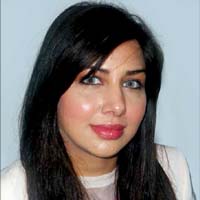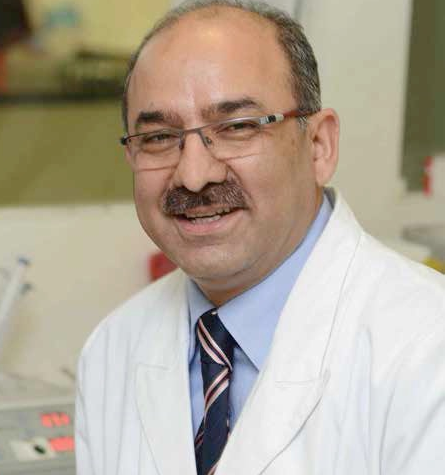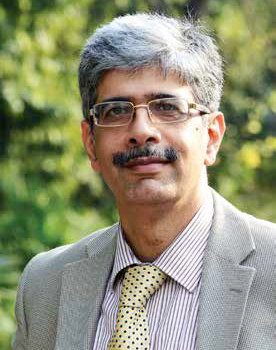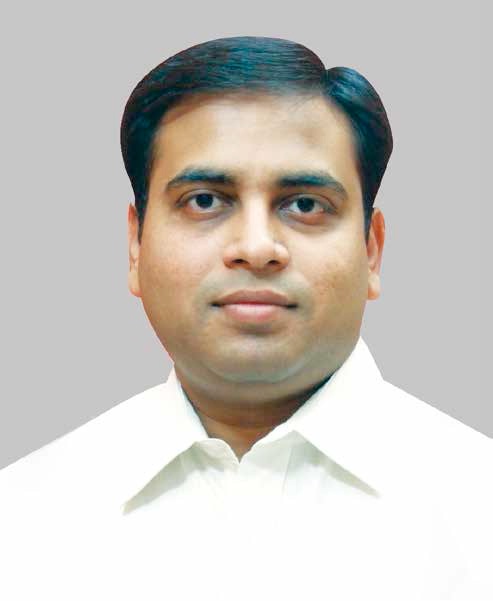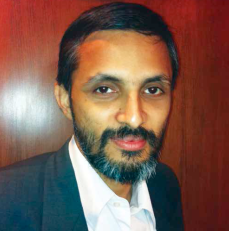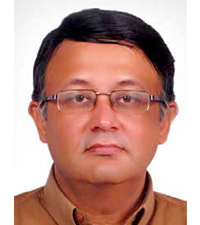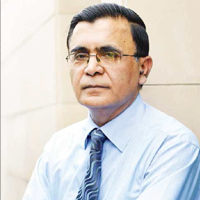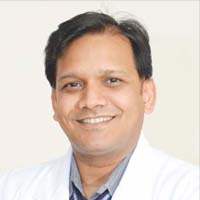
 Sudarshan Agarwal, President, Rotary Blood Bank and former Governor of Uttarakhand and Sikkim hate the MyBaap Syndrome in the government functionaries and hope to get the best from the government. In an interaction with Ekta Srivastava, ENN, this former Secretary General- Rajya Sabha, speaks about the role of standalone blood banks
Sudarshan Agarwal, President, Rotary Blood Bank and former Governor of Uttarakhand and Sikkim hate the MyBaap Syndrome in the government functionaries and hope to get the best from the government. In an interaction with Ekta Srivastava, ENN, this former Secretary General- Rajya Sabha, speaks about the role of standalone blood banks
Blood donation is harmless, painless and absolutely safe and is, in fact, good for health. Established in 2002, Rotary Blood Bank is the countrys one of the largest and modern blood bank with state-of the “art technologies and service for the worthy cause of voluntary blood donation. For this endeavour, the blood is assisted by the combined efforts of all its divisions, which include technical branch, information technology, motivation branch, issue counter, accounts, administration, stores and the support staff.

There is a shortage of over 1 lakh units of blood for patients in Delhi and NCR itself. Many accident victims, innocent children suffering from thalassaemia, pregnant women, cancer patients and other people in life threatening situations die due to shortage of blood.
Rotary Blood Bank aims to meet the requirement of precious blood by organizing voluntary blood donation camps at education institutes, corporate offices and many other organizations and gatherings. RBB relies totally on voluntary donors and dispenses blood to those in need without asking for replacement donation. Voluntary blood donation is a selfless service and an expression of love for mankind. Blood knows no caste, creed, colour, religion or race.
The three suitably modified airconditioned vans fitted with couches to help conduct blood donation, wherever access to locations of organizations is difficult due to narrow approach roads or other administrative reasons. Additionally, the bank has a team of qualified and trained professionals who follow stringent screening procedures, careful documentation and Good Laboratory Practices for collecting, processing and testing blood.

Technology at Rotary Blood Bank
The RBB has invested in the sophisticated Blood Banking equipment and have qualified staff to run the Blood Bank. The single donation of 450 ml blood is separated into different components, benefiting as many as three patients.
Blood is made up of different components and, invariably, a patient needs a transfusion of just a particular component. Utilizing whole blood is wasteful, and sometimes even undesirable. It is now the standard practice of all modern blood banks to separate blood into components and ensure the optimum utilization of this precious resource.
Whole blood has cellular components comprising red blood corpuscles, white blood corpuscles, platelets suspended in plasma solution (liquid plasma consisting of water, electrolytes, albumin, globulin, coagulation factors and other proteins). It is needed when both red cells mass and total volume must be restored, as in massive hemorrhage.
Red Cells
The majority of donated blood goes to people with cancer, as well as people who have suffered traumatic accidents, burns or who undergo surgery.
Plasma
Plasma contains very important proteins, nutrients and clotting factors which help to prevent and stop bleeding. It is required in bleeding patients with coagulation deficiency problems secondary to liver disease, disseminated intravascular coagulopathy, Factor V or Factor IX deficiency.
Platelets
Platelets are used to help clot the blood and seal wounds in surgical and cancer patients. Leukaemia and chemotherapy treatments can reduce a patients platelet count. They are needed in cases of bleeding due to severe thrombocytopenia and prophylactic therapy.
Blood has a Short Shelf Life
All blood components have a short shelf life, creating the need for a constant blood supply.
platelets – up to 5 days
red cells – 42 days
plasma – up to one year
Major Projects Thalassemia
Thalassemic children have the same aspirations as any other child. All they want to do is play with their friends go to school and dream to be something big when they grow up. But what hinders their innocent goals is the fact that they are surrounded by needles when other children are surrounded by books and toys.
Nature may have denied them what is rightfully theirs, but it is the lack of resources required for frequent blood transfusions and a dearth of quality blood that add to their misery. Even if doting parents manage to arrange blood for these children, their economic status may force them to discontinue treatment. Thus, many children from poor families die, and we do not even comprehend their loss.
I strongly believe that by devoting just a few minutes of your time you can make this possible. Let us together create a society where the life of every human being is important and where we can pride ourselves in being capable of saving the lives of fellow human beings”
We Care
At the moment, the only practical solution for survival of children with thalassemia major is multiple and frequent blood transfusion throughout life. Such a child needs one unit of blood every two to three months. This requirement goes up to two units of blood every three to four weeks. Rotary Blood Bank New Delhi has adopted children who are suffering from thalassemia. By doing so, the blood bank provides blood to these children free of cost.
Young 25 Club
It has been carrying out the crusade to create a regular and safe blood supply in Delhi and neighboring areas since 2002. Despite the fact that more and more people are now realizing the importance of donating blood, overcoming the acute shortage of blood requires stronger awareness measures.
Young 25 Club is an initiative of the Rotary Bank with an aim to wipe off the scarcity of blood; to ensure availability of safe and quality blood round the clock; and to promote voluntary donation among the youth.
The need of the hour is to create a motivated group of repeat donors who would pledge to donate blood regularly to overcome the severe shortage of blood supply. In India, people in the age group of 15-29 years comprise almost one-fourth of the countrys population. Young 25 Club aims to involve students/ children in colleges, universities and educational institutes to motivate young volunteers as blood donors and to instill among them the value of saving lives by regularly donating blood.
Mission
No one shall suffer in and around Delhi for want of Blood
Be a part of Elets Collaborative Initiatives. Join Us for Upcoming Events and explore business opportunities. Like us on Facebook , connect with us on LinkedIn and follow us on Twitter , Instagram.


